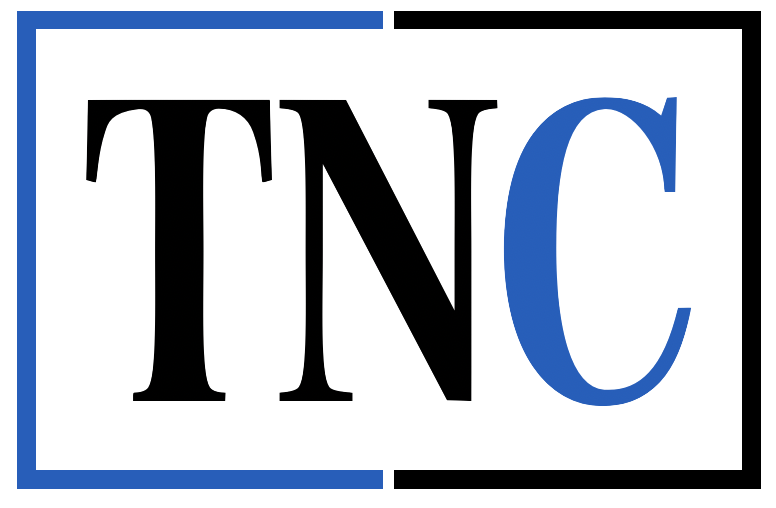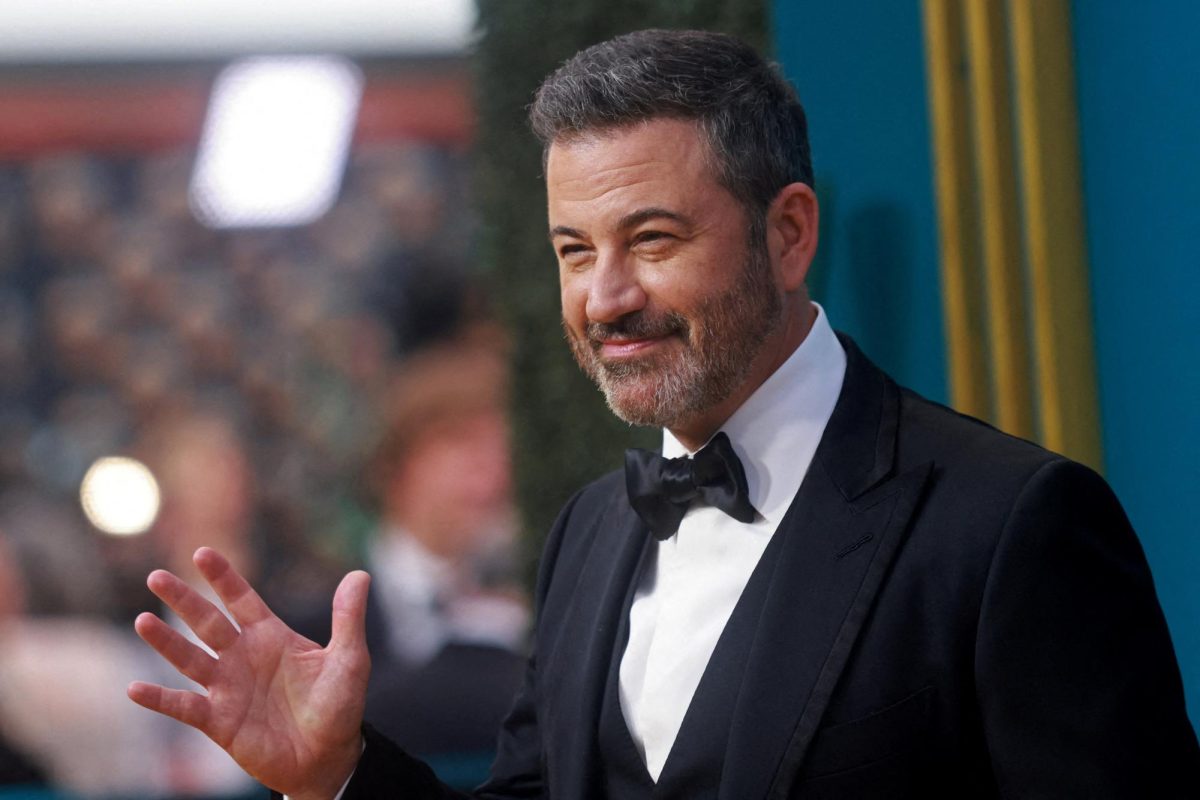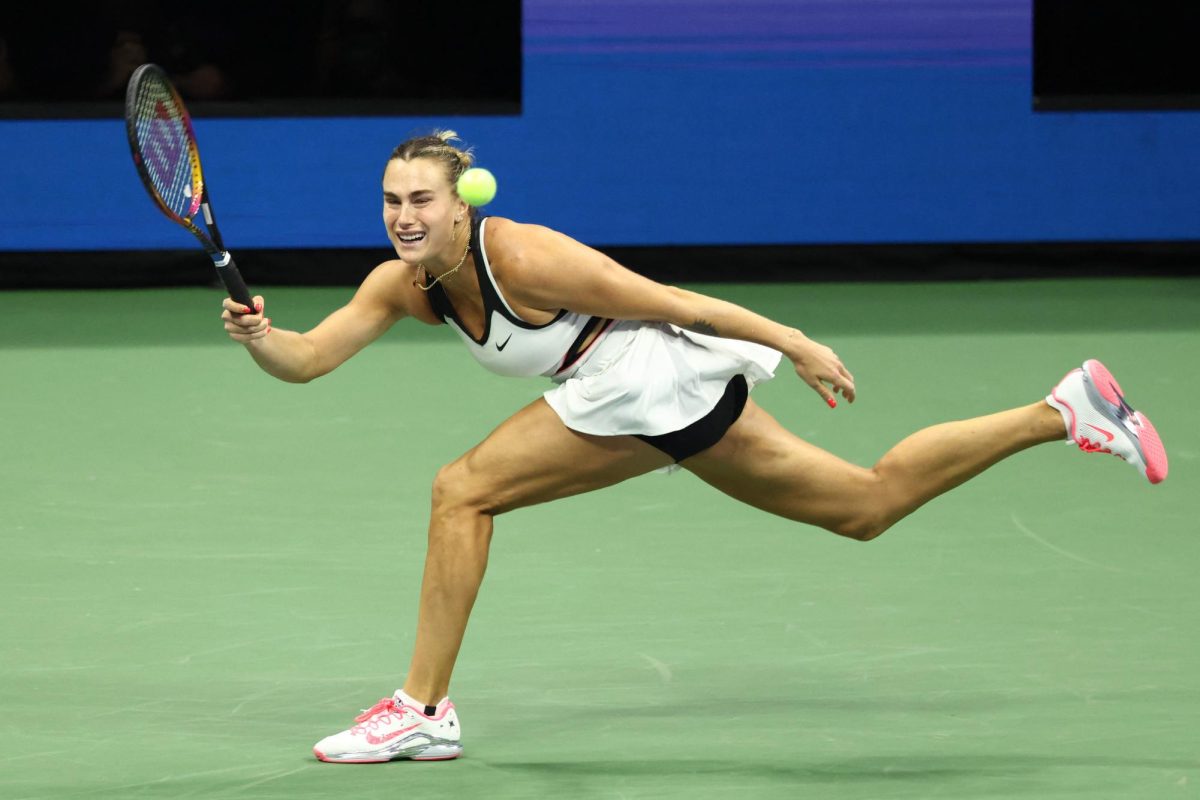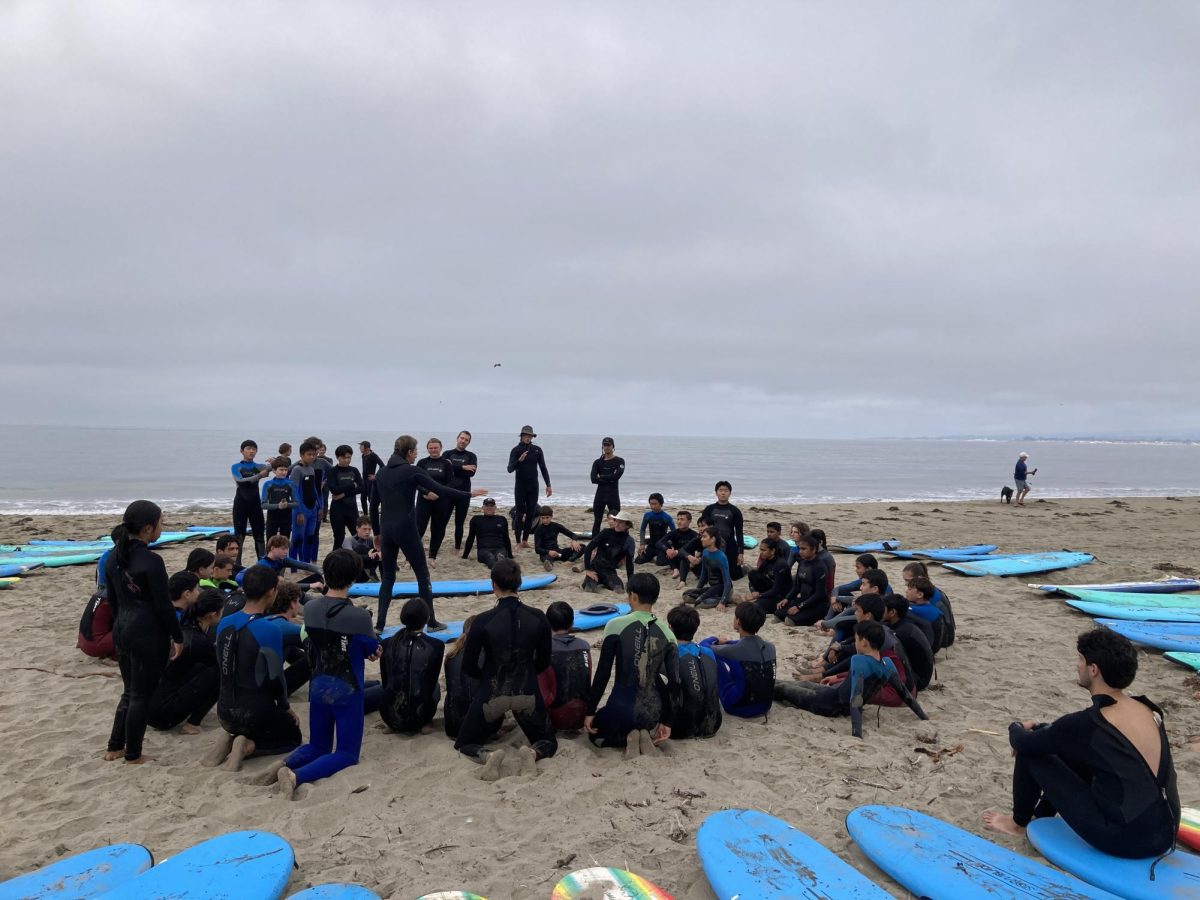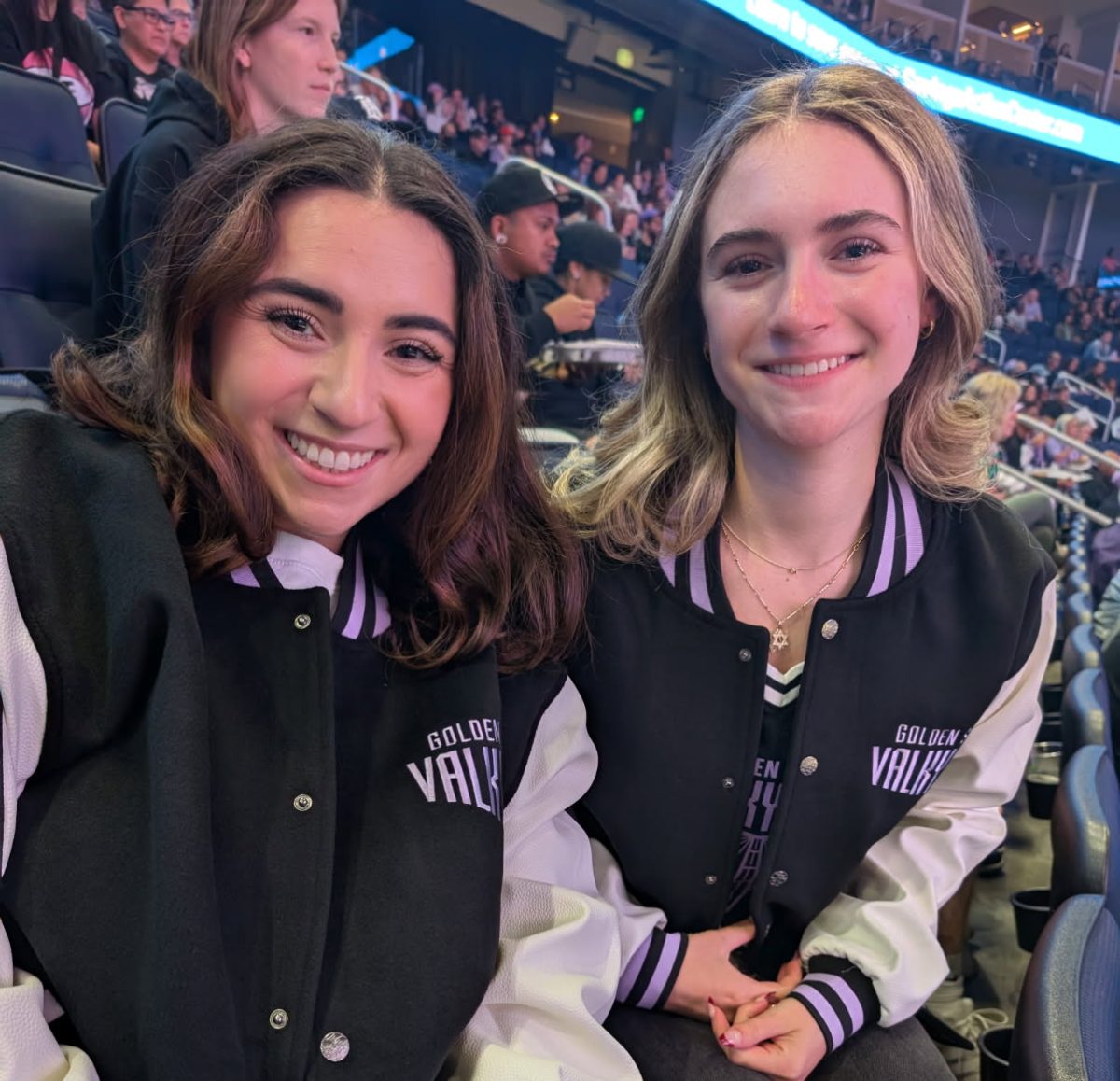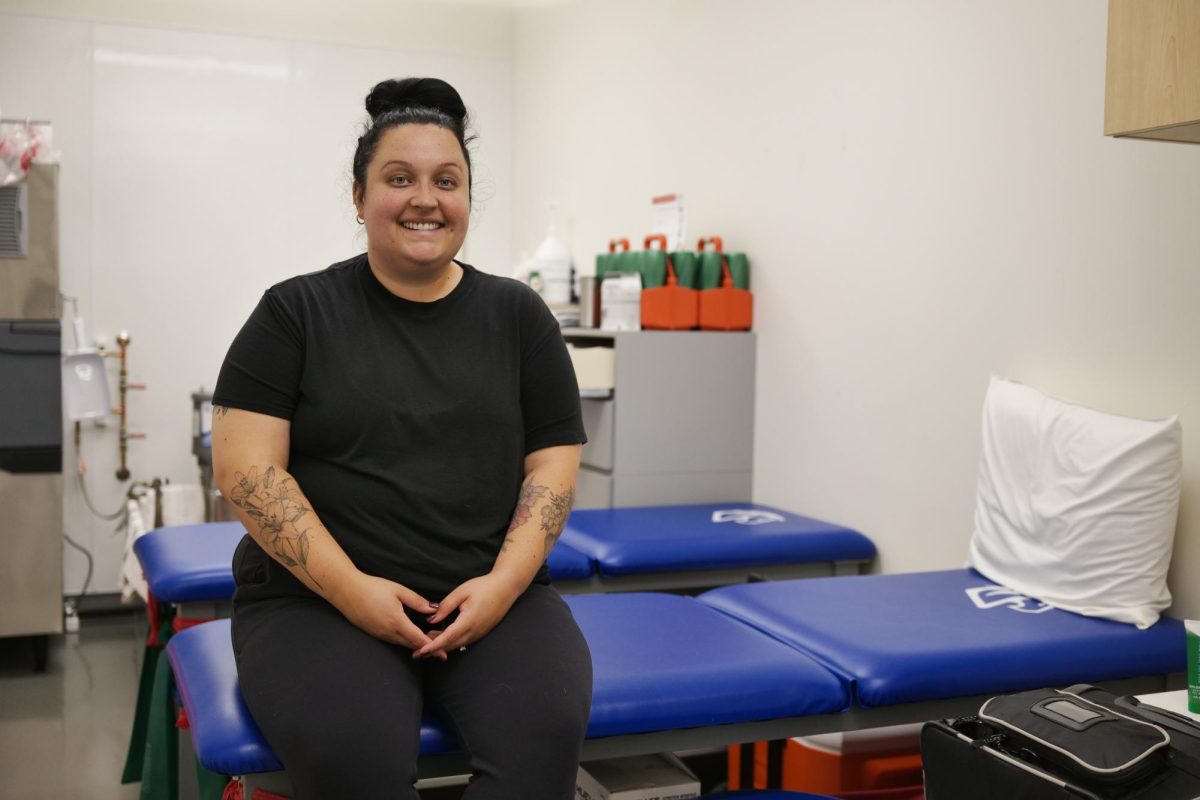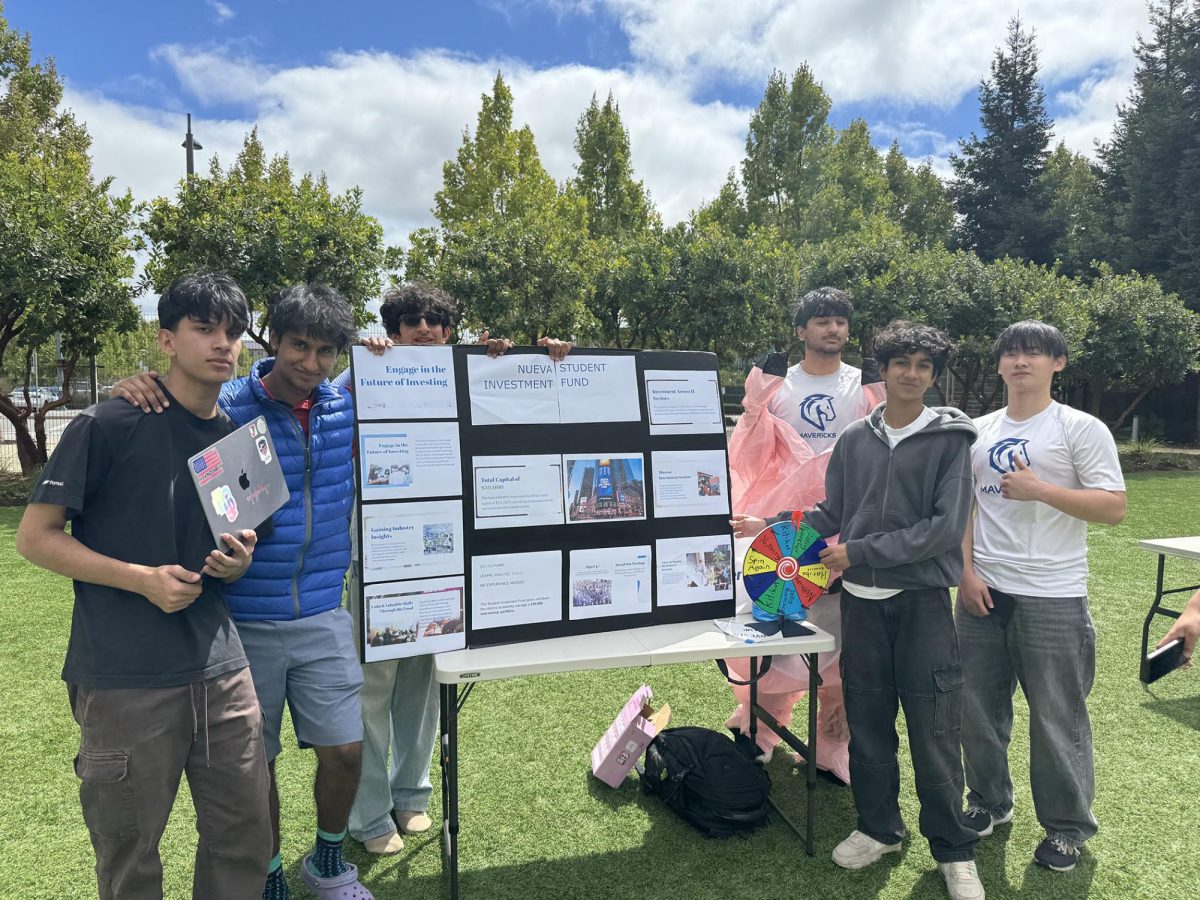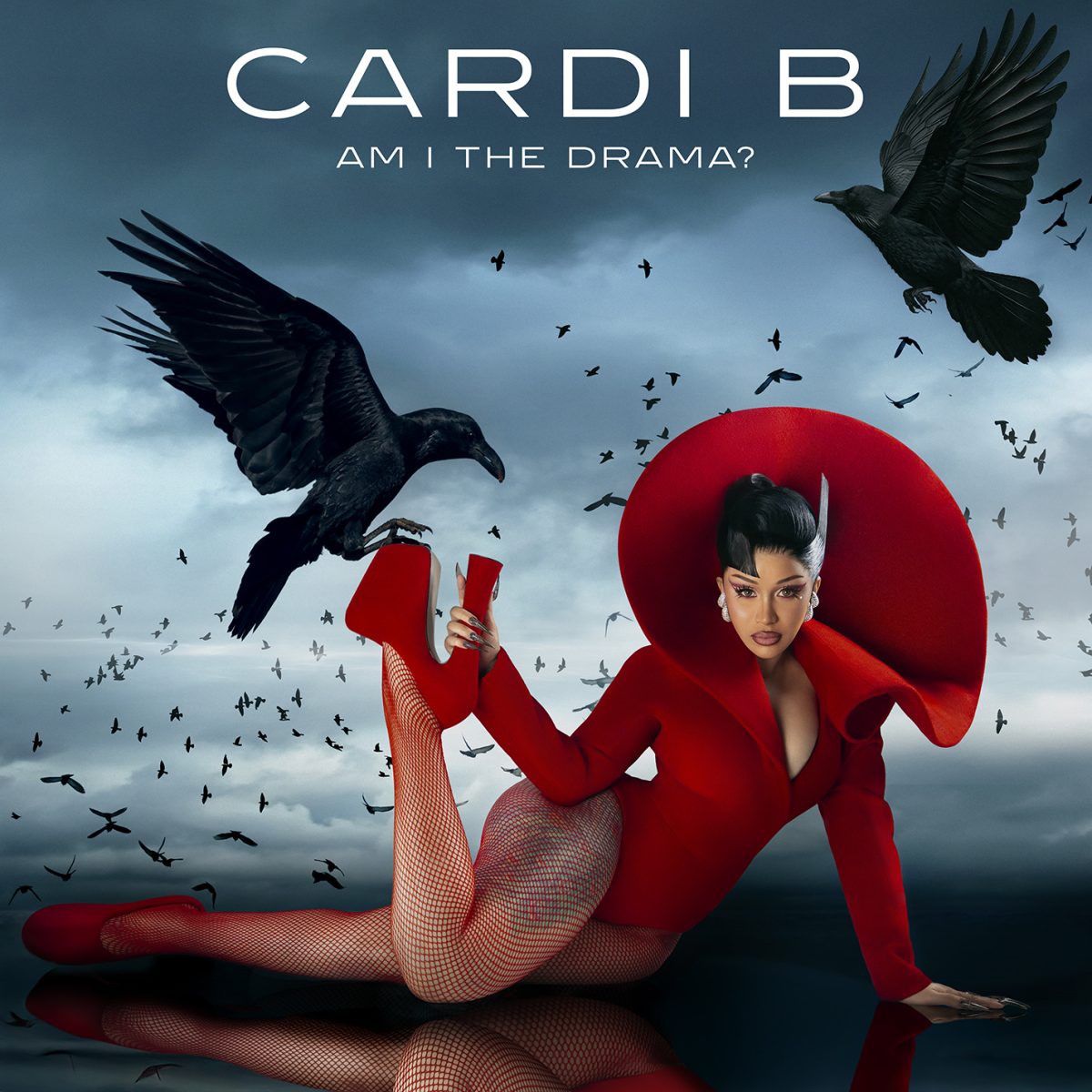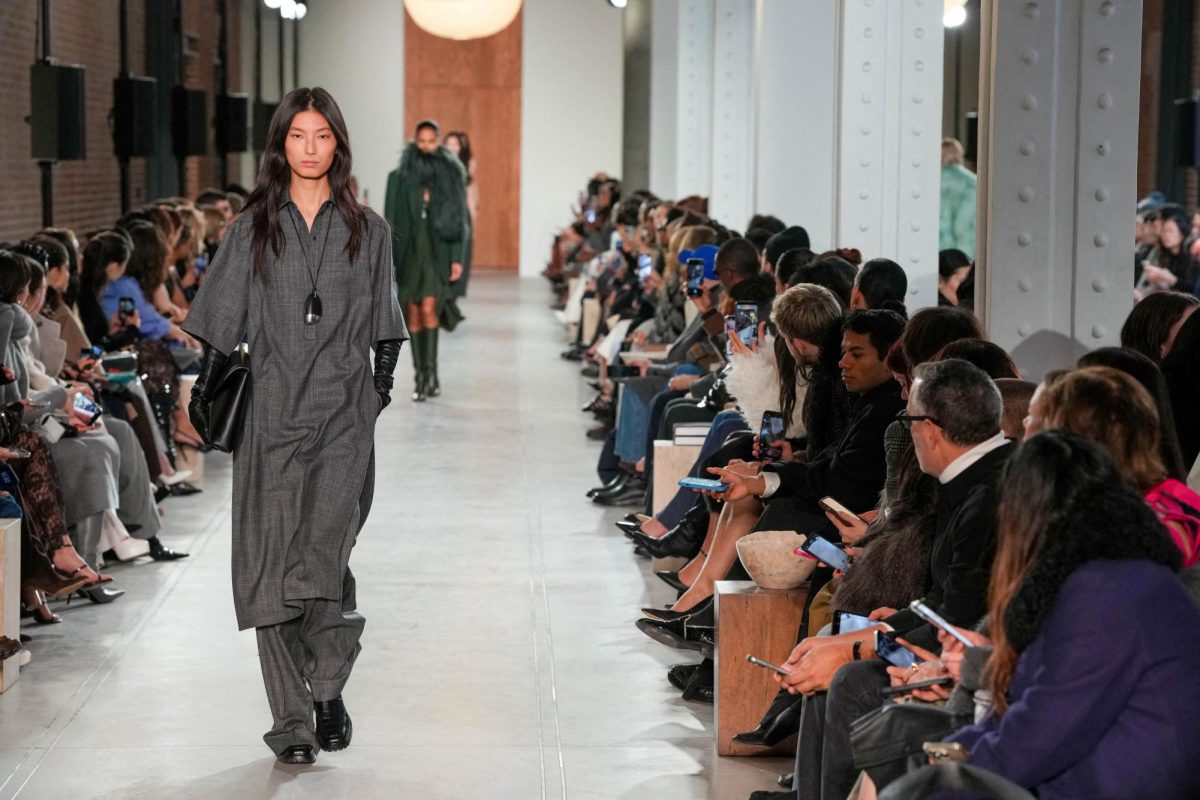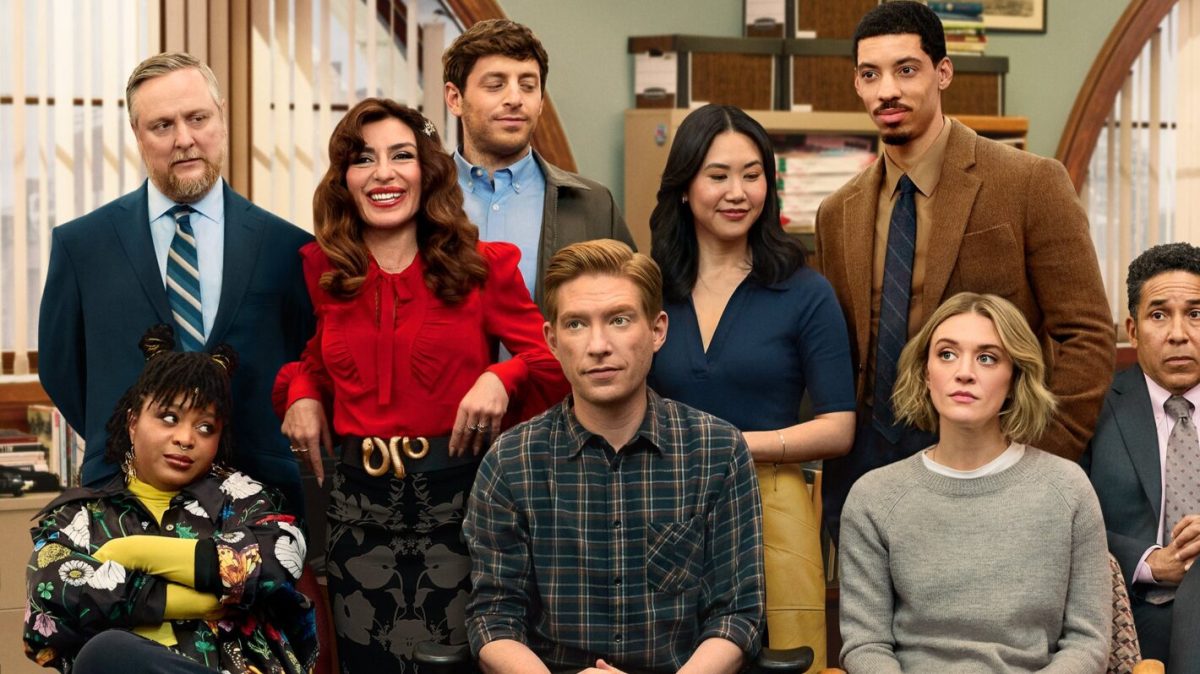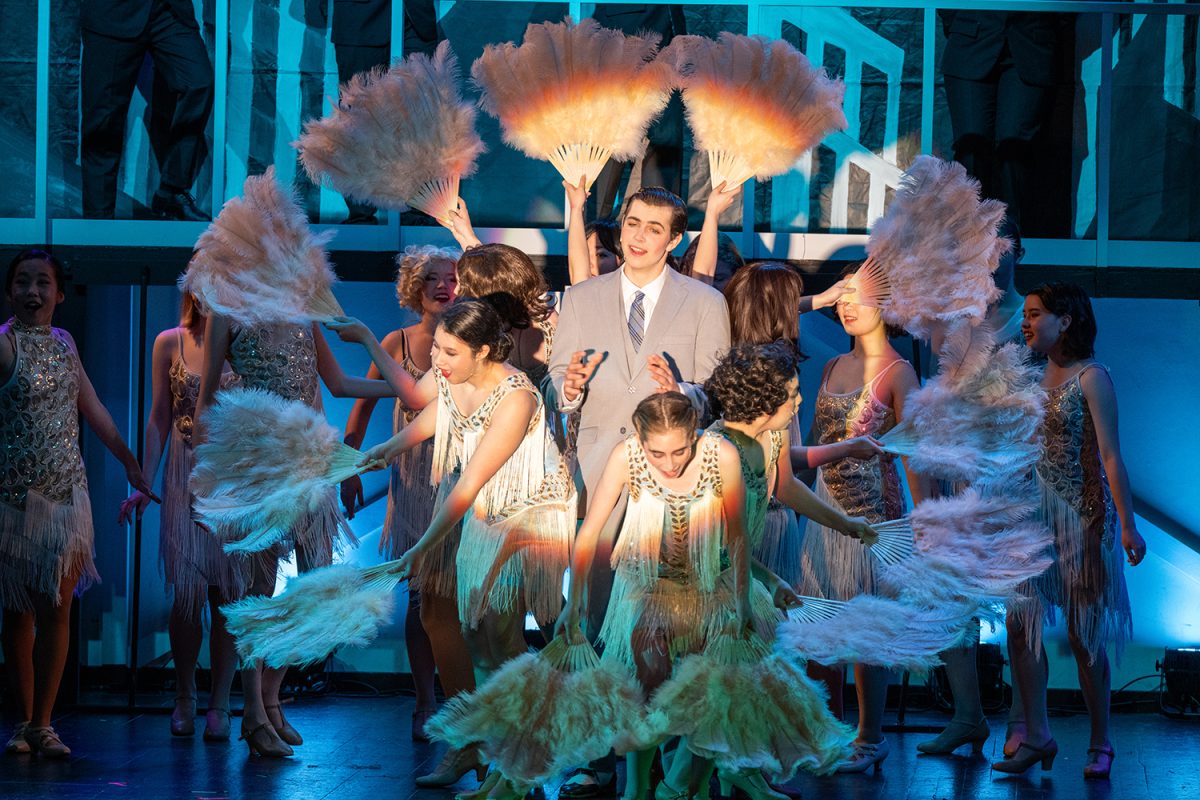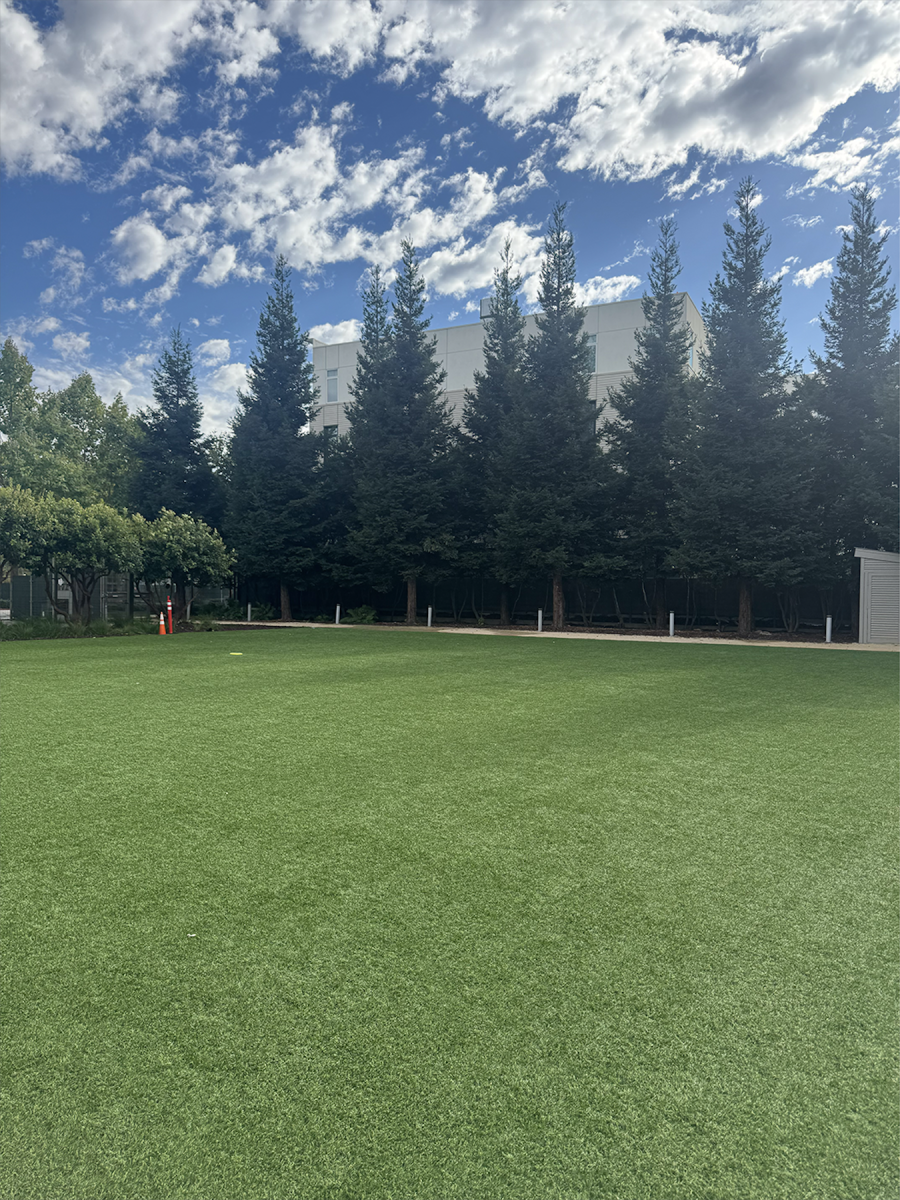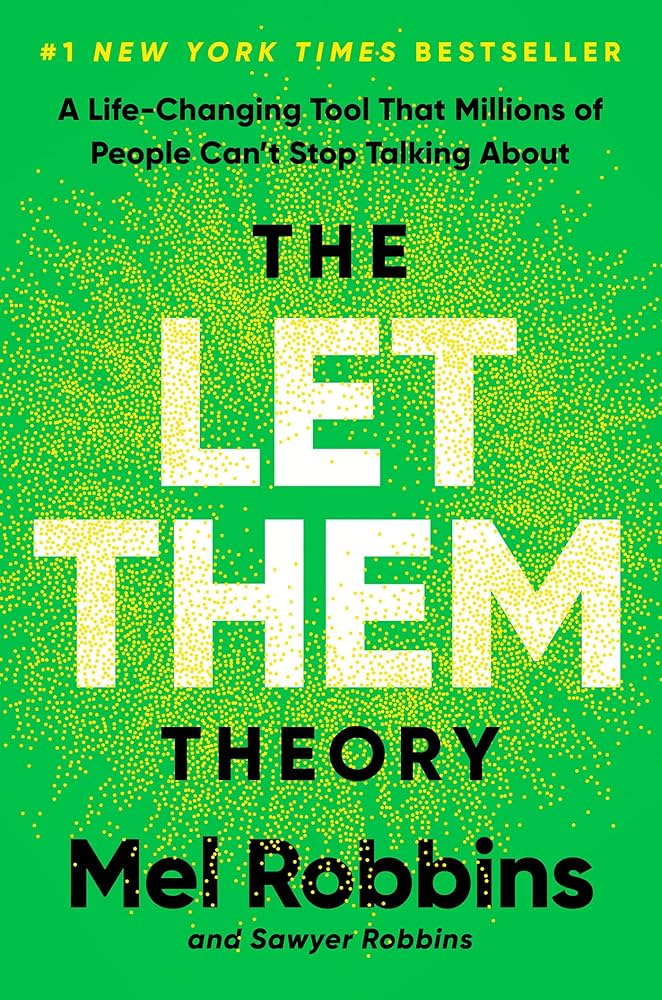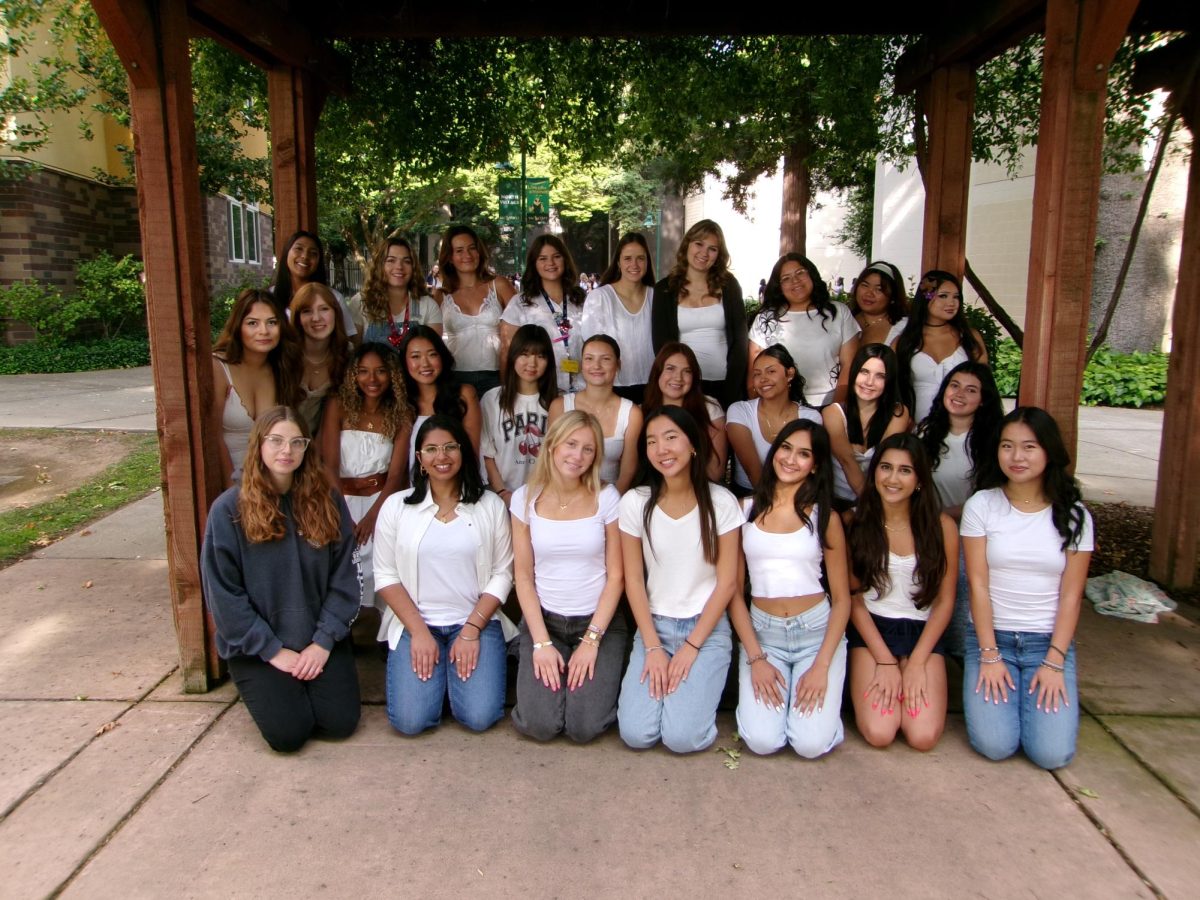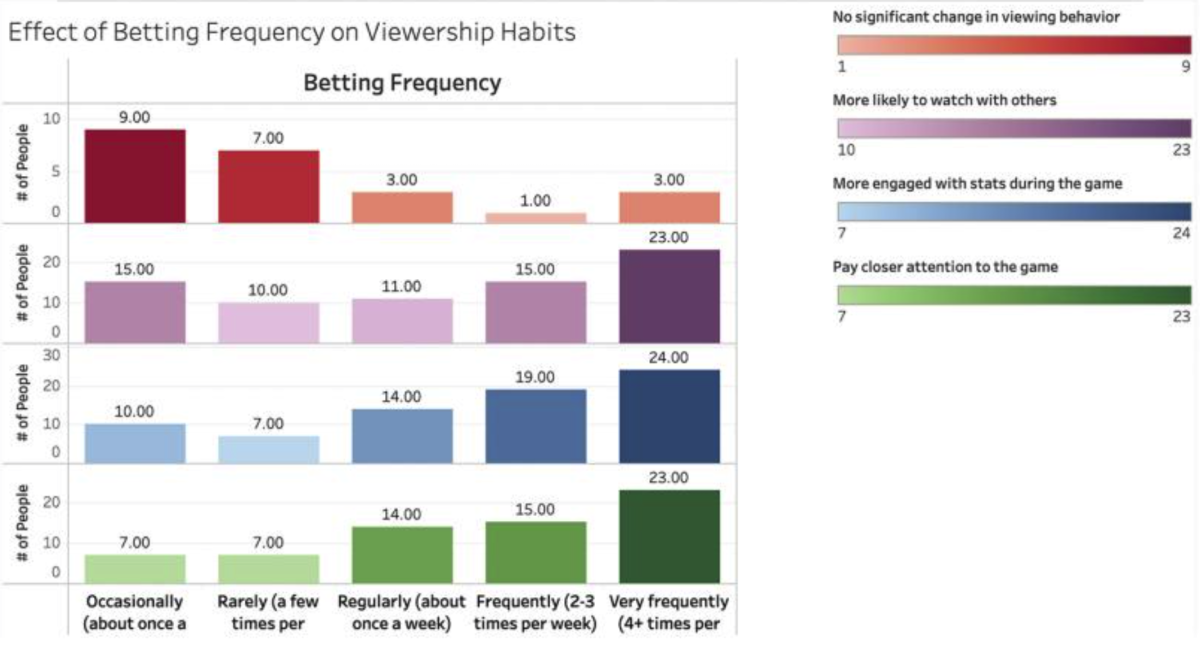Since sports betting became legal in 38 states in 2018, the way fans watch professional sports—especially the NBA—has shifted. While betting has brought a new way to engage with the game, survey data collected by the Statistics and Data Science classes shows that it’s also shifting attention away from the teams and toward individual stats or bets.
In 2018, the Supreme Court overturned the Professional and Amateur Sports Protection Act (PASPA) that had outlawed sports betting. The ruling allowed individual states to legalize and regulate the practice of placing wagers on the outcomes of sporting events: who will win a game, how many points will be scored, or how individual athletes will perform.
Since then, sports betting has rapidly expanded. Nearly $495 billion has been legally wagered, according to public reports. The rise of online sportsbooks like FanDuel, DraftKings, and BetMGM has made betting more accessible than ever.
These apps are designed to be easily navigated, providing clear odds and picks that aim to help even first-time bettors get started.
“It’s a couple buttons and you’ve placed a bet,” said Rohan T. ʼ25. “There’s no learning curve for it.”
In 2021, the NBA announced that FanDuel and DraftKings would become co-official sports betting partners. Now, broadcasts integrate live odds, expert picks, and in-game promos—features designed to hold fan attention from tip-off to the final buzzer.
In a recent survey conducted by students in the Data Science and Statistics electives, given to 262 members from various NBA or sports betting Reddit pages and Discord servers, the data showed that 90% of respondents who place bets believe their viewing habits change whenever they have money on an outcome. The received responses spanned 38 of the 50 states.
These results are reflected in the experience of Rohan, who uses the app Sleeper to place parlays on NBA games about once a week.
“When two games are at the same time, and I have something on both of them, I pay more attention to the one I bet [more] on,” said Rohan.
That prioritization is part of a broader trend: viewers are increasingly watching selectively, tuning in more when they have skin in the game.
“If there was a basketball player that I wanted to get 20 points, every single time the team gets the ball, I’m thinking, ‘please pass to this guy,’” said Landon X. ʼ25, another Sleeper user. “[Betting] at the same time makes it more fun to watch the game because you have something on the line.”
But more engagement doesn’t mean more viewers. Despite the surge in sports betting, there is no clear correlation between how much is being wagered each year and regular-season viewership.
There is a correlation, however, between NBA household television ratings for the regular season and betting totals. Household ratings measure the percentage of households with TVs tuned to a game, while average viewership tracks individual viewers.
While betting totals have climbed since its legalization, the percentage of households watching games has dropped. This suggests that the increase in sports betting has led to fans engaging with the game through wagering rather than watching.
